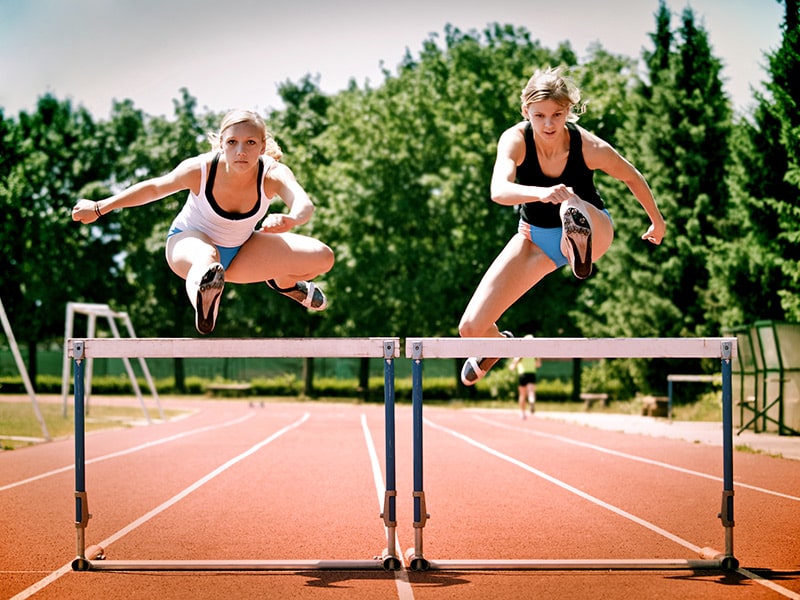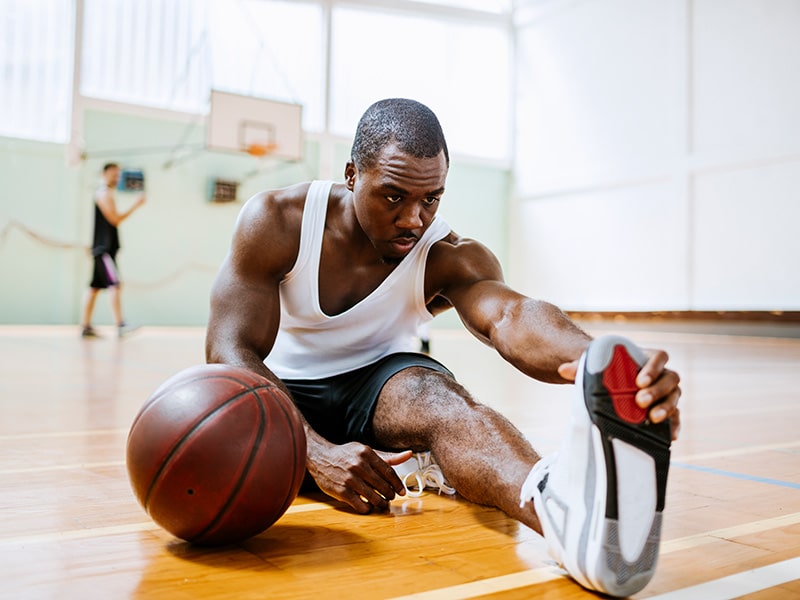Exercises to be a sports professional

It is not possible to develop a real career in the sports world without knowledge of exercise physiology. Moreover, the more this knowledge is extended, the higher the quality, the more it can be applied throughout the sports career, the more qualified the sports professional will be.
And qualification is the true gold standard in the field of sport, and those who take their training seriously know it. Exercise physiology is the science that studies the effects of sport on the body, the whole body and the functions of its mechanical, physical and biochemical systems, and relates them to the environment in which the person engages in physical activity or sport.
Why is exercise physiology so important in sports training?
Because it is the key that allows, from the knowledge of the physical condition of the sportsman or woman in relation to the physical activity, to access the way to optimize its performance. How? By developing physiological adaptations.
It is very important to emphasize that these adaptations allow to take care of all type of sport activities, as much the professional ones, connected intensely with the sport performance, like those of fans to the sport practice or those that are carried out to improve an injury or a structural physical problem.
We already have the theory, let’s move on to the practice that awaits us in the field of curiosity where, of course, the questions are triggered: How does exercise physiology work? How is it applied? What factors are involved? Are there established patterns?
The physiology of exercise works by maintaining a constant balance between the organism and the sporting activity, as an energy catalyst attentive to both the reserves of energy investment, the energy expenditure and the state of the organic systems involved directly and indirectly in the action.

It is in charge of offering individualized answers so that each organism can adapt, optimizing the results, to the effort of a sport activity. To know it is to understand its simplicity and its complexity, but, above all, the value of its usefulness in any type of sports activity and, consequently, in the training of future sports professionals.
To be able to put into practice the knowledge of exercise physiology it is necessary to receive the appropriate training that helps to understand the functioning of the human body in its different phases of development and the difference that normal organic functioning means for the organism in contrast to that of an organism subjected to intense specific sports work.
Having knowledge about exercise physiology gives the professional in training the possibility to understand the response of the organism to the stimuli provoked by the practice of sport, making the necessary internal adaptations and doing it in each particular case.
To begin with, it is necessary to know the characteristics of each subject, the reactions that the performance of physical effort generates in his or her organism and the response that it emits; it is necessary to know his or her physical form and the diet that he or she follows because the organism will go from executing daily tasks to carrying out a planned physical activity that will indicate the adjustments that must be made in order to achieve the objectives.
In order to apply this knowledge, it is necessary to receive, retain and update it. This is a universal truth and in this specific case, unbeatable. To establish the physiological and scientific bases that support the adaptations to the training, the nutrition and the sport competition, are the three pillars on which to raise a good formation in physiology of the exercise.
With regard to the specific question about whether or not there are established response patterns, the recommendation is cautious. As with all matters related to sports practice, exercise physiology also offers tools that can be applied in different fields of sports practice and training, but they are tools, not absolute models.
We do not speak of stereotypes when we offer data on the generic response of an organism to an exercise aimed at stimulating, for example, muscular hypertrophy.
And on this point, there is a general and very clear consensus: the physiology of exercise offers the general guidelines applicable to each organism, to each athlete, because each organism is made up of different systems and their way of organising themselves offers a unique response, an individual and non-transferable adaptation and demands the need to develop a specific type of activity to achieve the objective.
Training in exercise physiology gives access to that knowledge which is responsible for the healthy balance of the organism of the athlete subjected to sporting activity.
It is true that an average level of training can lay the foundations for a sports professional in the training phase, but it is even more true that, when the true dimension of this subject is understood, the professional wants to receive more information, a better and greater degree of knowledge, of specialization.





